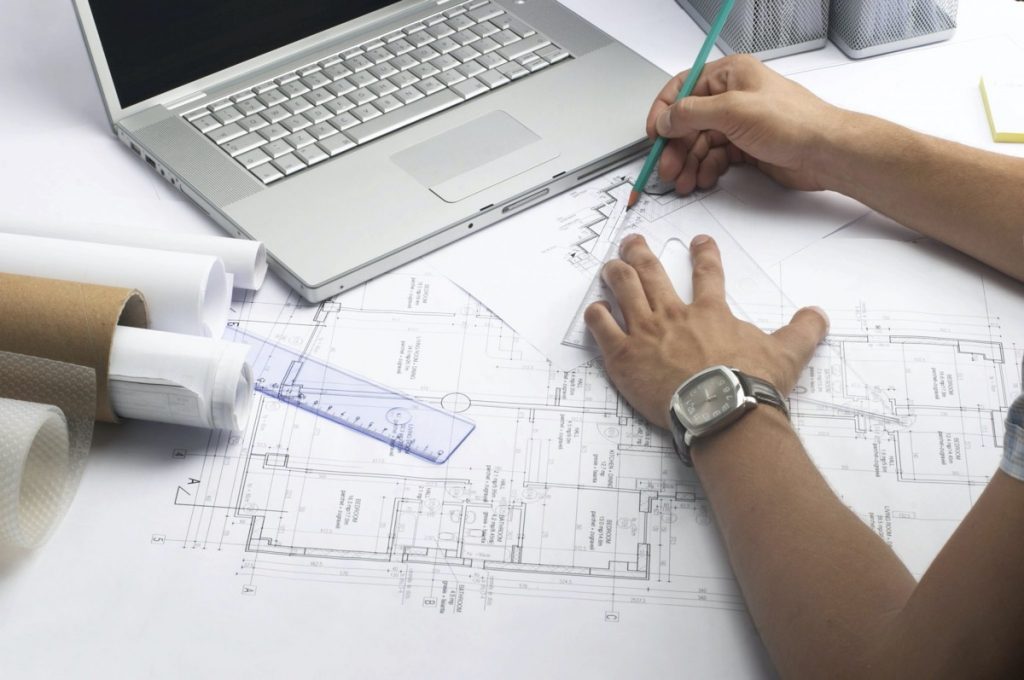
The term "rigger" originated in the days of sailing ships when sailors were in charge of hoisting and maintaining a complex system of sails and rigging. In modern usage, it generally refers to someone who installs the equipment and prepares it for use.
"Rigger" is one of those terms that comes up in multiple professions, not really related, ranging from construction to navigation. In construction, a rigger is an expert in tying, balancing, handling and moving heavy loads. One particular rigging job in the construction industry may require completely different experience and training than another.
What does a rigger do?
There are several different categories of surveyors who work in various industries. In the military, riggers are responsible for maintaining and setting up things like parachutes or airdrop equipment.
In the theater industry, riggers manage parts of a set, move props, and change production scenes. The riggers of the maritime industry are involved in the installation of the necessary equipment to keep the ship in operation: ropes, pulleys, winches and cables.
However, more commonly, jobs are within heavy construction, often in the oil or mining industry. This type of rigger is also known as a drilling technician.
In the oil industry there are various levels of drilling technicians, ranging from motorcyclists to tower riggers to drillers, depending on skill level and job tasks.
Riggers in this industry are responsible for joining heavy machinery parts, connecting parts together, and anchoring parts to fixed structures with bolts and clamps. They also control and manage all the movement of the machinery while it's running, and then they take it all apart when the job is done.

A rigger in the oil extraction industry generally works on drilling rigs. The rig equipment is used to drill a deep hole in the ground with the drill pipe. The rigger manages all aspects of the machinery used and supervises the operation of the equipment. Your responsibility is to ensure that the oil is pumped to a safe level so that the pipes do not burst.. When the oil is transported to a tanker, the rigger places and joins all the pipes.
Some other specific job duties include:
- maintenance of drilling rig motors and motors, including fluid systems
- management of hydraulic and mechanical systems for the entire drilling rig
- Ensure proper fluid and fuel balance and ensure pressure is always kept at a safe level.
- control and monitor the safe movement of heavy equipment
- mobilize the platform by configuring it
- knock down the platform when the job is done
- ensure that all safety regulations are followed
Heavy construction riggers also work with cranes and they are responsible for installing all pulleys and cable systems used to move large and heavy objects.
They must communicate with crane operators to guide them in moving objects and depositing them in the correct location. This may involve hand signals, radio operation, or other communication. Working in a mine may involve the installation of scaffolding and the assembly of equipment. Riggers are especially in demand during the shutdown and mobilization period, assisting with the safe disassembly of all equipment and ensuring that everything is safely reassembled when operation is resumed.
What is the workplace of a surveyor like?
Quantity surveyors work around the world in many places and travel is often part of the job. Oil riggers can work on offshore oil rigs, installing equipment to extract oil from the depths of the ocean.
Marine riggers can work on military ships. Riggers frequently work outdoors and may be exposed to extreme weather conditions in remote locations.
Drilling rigs are noisy, dirty, and workers can be exposed to dangerous chemicals. Safety is paramount and the workplace will generally have precise safety rules and detailed that must be followed.
Platform work is often seasonal, with certain times of the year busier than others, and workers can work 24-hour shifts.